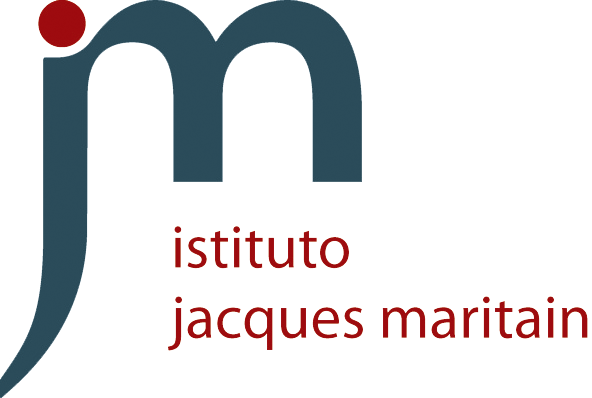Riflessioni sull’Europa

Scritte dopo la fine della seconda guerra mondiale, le pagine di Patočka affrontano la questione
che già Husserl, in un saggio pubblicato in appendice alla Krisis aveva messo a tema, ossia il
fatto che il cuore dell’Europa sia innanzitutto spirituale. Sintetizzando qui indagini pubblicate
altrove in modo più esteso (in particolare in Platone e l’Europa), dopo aver chiesto che cosa
significhi pensare l’Europa, l’Autore propone di riscoprirne il senso col ritorno alle sorgenti della ratio europea per determinare, per un verso, il posto che questa occupava inizialmente, per altro verso, per assegnarle quel posto che può ancora spettarle, nella sua figura pienamente
sviluppata, nel quadro globale della vita. Compito della filosofia sarà, perciò, favorire e condurre il dialogo con le tradizioni culturali che forniscono all’idea europea una base che si fonda sul terreno in cui vive ancora il senso del mistero del mondo, ovvero la coscienza della pluralità semplice e al contempo inesauribile della vita.
Patočka’s essays were written after the second world war and raise the issue that Husserl focused on in the Krisis: the fact that Europe’s heart is primarily spiritual. Here we summarized many essays (such as Plato and Europe) and focused on the meaning of thinking Europe. The author attempts at explaining it by referring to the european ratio to determine, on one side, the place it initially occupied, and on the other, the place it can still occupy, in its fully developed form, within the overall context of life. So, the task of philosophy is to encourage and create a dialogue with the cultural traditions that offer the european idea a base that has its roots in the sense of mystery of the world, that is the consciousness of the simple yet inexhaustible plurality of life.
